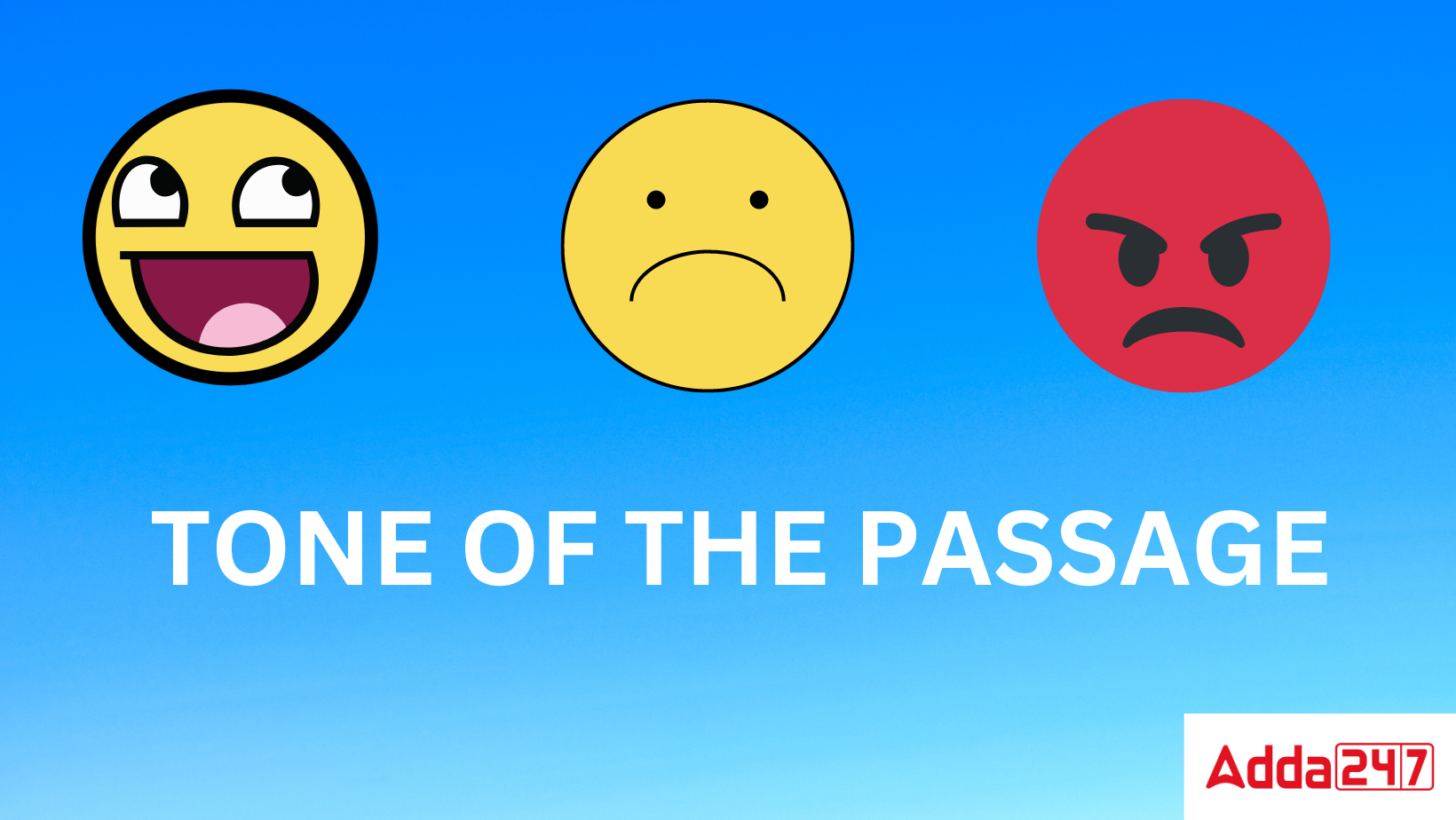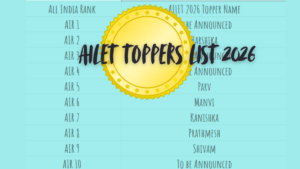How you connect with your readers or audience plays a crucial role in determining your success rate. The words that you can use in casual subjects cannot be used in formal subjects. So, it is important to keep in mind the usage of emotions and thoughts in the article. The author’s attitude or sentiment towards the subject matter is reflected in the tone of the piece. It is expressed by the author’s word choice, sentence construction, and general writing style. In this article, we will go through the meanings and types of tones found in the writing world.
What is the Tone of the Passage
The tone of the chapter reflects how the author feels or feels about the topic under discussion. It is, in other words, tone defines the main feeling the author expresses about the subject. You probably respond to different people in the same or different tone in a variety of ways. Depending on the situation and the listeners, you could use a harsh, polite, or sarcastic tone when speaking the same words. Similar variations can be found in Reading Comprehension tones depending on the subject matter and the context. Here in this article, you will get to know about different tones used in reading comprehension.
Nischay Batch for Class 10 Preparation Online Live Classes by Adda247
What is the Tone of the Passage of Reading Comprehension that usually asked in exams?
Narrative and Descriptive Tone
In narrative reading comprehension, the author takes on the role of the character in order to describe a narrative or an event. The question “Then what happened?” is typically addressed. An argument, conflict, problem, and solution, as well as motivational occurrences, are frequent topics in a narrative RC. The main goal is to pique the reader’s interest and keep them reading. discussions about things like your first day of school, a life-changing event, etc.
The goal of descriptive reading comprehension is to fully depict a person, location, or event. The author wants you to picture everything he hears, feels, sees, smells, and tastes.
Also read: Central Idea Of The Poem And Passage
Jovial and Jocular/Humorous Tone
When an author uses humour, they work to make the passage’s context humorous and entertaining. He or she is joyful, upbeat, and amiable when being jolly.
Online Live Classes for CBSE BOARD CLASS 12TH
Sarcastic Tone
It delivers the exact opposite meaning of what is intended. Sarcasm is occasionally mistaken for humour, however it is frequently employed to address issues that the author finds objectionable. Try to comprehend the passage’s context and determine whether the use of a sarcastic tone is justified.
Critical and Cynical Tone
A fault-finding attitude of the author is frequently described by a critical tone, hence in a negative meaning. It might also mean that a problem has been thoroughly examined from every angle.
The cynical tone is used when the author expresses scepticism. He has a negative outlook on whether anything will occur or whether it will be worthwhile. These two reading comprehension questions are frequently asked in tests.
CUET 2023 Live Classes | (English + Science + General Test) | Bilingual | Live Classes By Adda247
Nostalgic Tone
A nostalgic tone reflects a desire for the past. It could be a happy or a sad memory.
Biased Tone
When we prefer one product, person, or group over another, we frequently speak in a biased manner to express our preference. Similar to this, the chapter contains biased language and arguments in support of a specific idea or belief. You can determine the answers to the necessary questions once you know where the author stands.
Motivating Tone
A motivating tone of writing, which is another intriguing style, tries to uplift and motivate you through the use of inspirational phrases and real-world experiences. These passages might use well-known people and events from their lives as examples.
Romantic Tone
This kind of tone is, as you might anticipate, fantastical and exaggerated. These sentences could seem entertaining to read, yet the content is implausible. The majority of abstract RC passages employ this tone.
Tone of The Passage in Reading Comprehension Question Video Explanation
Watch this video to understand better how to find tone of the passage.
List of Tone of the Passage
This table includes tones used in reading comprehension and their meanings
| Possible tone | Meaning of the word |
| Vituperative | Cruel and angry criticism |
| Vitriolic | Full of anger and hatred |
| Technical | Using terminology or treating subject matter in a manner peculiar to a particular field, as a writer or a book |
| Speculative | Theoretical rather than practical; thoughtful; reflective; hypothetical |
| Satirical | Ironical; taunting; human folly held up to scorn/ derision/ ridicule |
| Sarcastic | Harsh, bitter derision; taunting; sneering; cutting remarks |
| Romantic | Fanciful; impractical; unrealistic; extravagant; exaggerated |
| Provocative | Inciting; stimulating; irritating; vexing |
| Populist | Egalitarian; pertaining to the characteristics of common people/ working class |
| Pedestrian | Lacking vitality, imagination, distinction |
| Obsequious | Fawning; showing servile complaisance; flattering; deferent |
| Motivating | Impelling; inciting |
| Laudatory | Praising; extolling; applauding |
| Introspective | Consider one’s own internal state of feelings |
| Incendiary | Causing strong feelings |
| Humourous | Funny and amusing |
| Humanistic | Evincing keen interest in human affairs, nature, welfare, values |
| Grandiose | More complicated/ elaborated than necessary; pompous |
| Euphemistic | Substitution of mild, indirect or vague expression for one thought to be offensive, harsh or blunt |
| Ethical | Dealing with principles of morality; honest; righteous |
| Emotional | Easily affected by feelings actuated by experiencing love, hate, fear and the like |
| Dogmatic | Asserting opinions in an arrogant manner; imperious; dictatorial |
| Disparaging | Speak slightingly; depreciating; belittling |
| Derisive | Unkind and displaying contempt |
| Cynical | displaying a belief that people are always self-seeking and never altruistic in their actions |
| Contemptuous | Expressing contempt/ disdain |
| Condescending | Patronizing; showing/implying patronising descent from dignity/ superiority |
| Commiserating | Feeling/ expressing sorrow for; empathizing with; pity |
| Caustic | Biting; acerbic |
| Biased | Favouring one thing/person/group over another for personal reasons. |
| Belligerent | Aggressively hostile; bellicose |
| Apologetic | Expressing remorse, regret, sorrow for having failed, injured, insulted or wronged another |
| Apathetic | Emotionless; not interested/ concerned; indifferent; unresponsive |
| Angry/indignant | |
| Aggressive | Forceful; tending towards unprovoked offensiveness |
| Acerbic | Harsh/ severe; bitter |









 AILET 2026 AIR 1: Check Full Toppers Lis...
AILET 2026 AIR 1: Check Full Toppers Lis...
 AILET Result 2026 OUT, How to Download S...
AILET Result 2026 OUT, How to Download S...
 CUET PG Crash Course 2026: Subject-Wise ...
CUET PG Crash Course 2026: Subject-Wise ...














